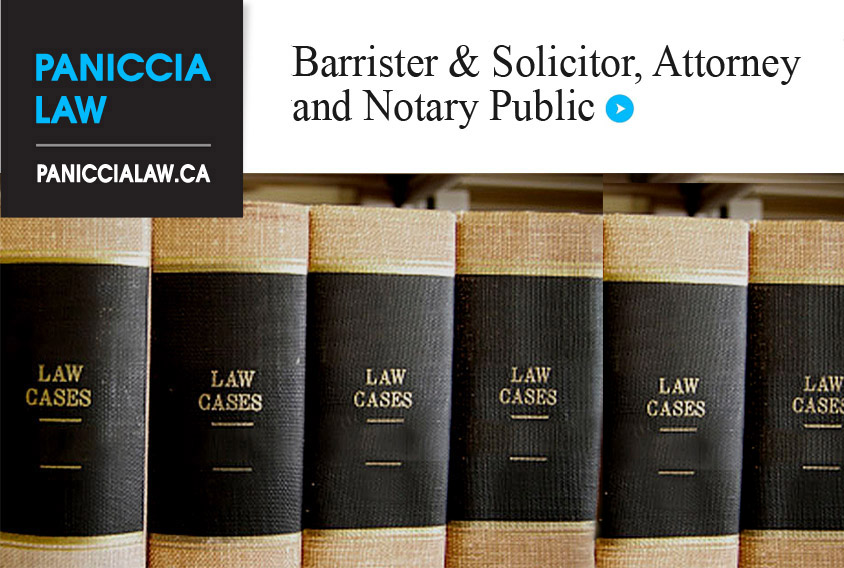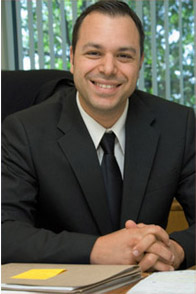Right to Counsel in Canada:
A Recent Occurrence
The Back story:
Recently a colleague was confronted with the issue of RIGHT TO COUNSEL at a local Police Division.
She was informed that she could speak to her client, but only by phone, not in person because if she did she would automatically become a witness for the Crown. As the situation did not warrant “making a scene”, she spoke to her client briefly on the front desk phone, merely to console him. As expected, she advised him not to speak as to his matter and told him she would see him the following morning at Court (at his show cause).
However, the wheels were turning, and her anger and self doubt kicked….bitter confusion.
What was the well intentioned officer trying to convey to her? Was the cop confused? Was she just bamboozled?
Canadian Law at the issue of right to counsel during Interrogation:
The Supreme Court of Canada ruled in October of 2012, by a weak majority, that while suspects have a right to consult a lawyer and to be informed of that right at arrest and detention, they don’t have a right to legal counsel while they are being interrogated. Of course, this was strongly divergent from the point of view held by the minority.
I surmise that as a television owning and watching nation, many of the local Canadian populace and hence jurisdiction are thinking: “what about CSI?! I LOVE THAT SHOW! On CSI the lawyer is glued to the client at all stages!”
As a former Public Defender and actively licensed member of two bars in the USA, I hate to inform my Canadian people of the reality that such US style Miranda Rights have not been “ imported”; and in fact are not mirrored in our legal history and constructs north of the 49th parallel. Similar …. but different.
In Canada, your instant right to counsel once arrested or detained (as well as habeas corpus) is guaranteed under Section Ten of the Canadian Charter of Rights and Freedoms.
Oddly enough, a right to counsel during a criminal trial (except in enumerated situations) is not a guarantee!!
Logically, if you are still reading my blog, your next question should be:
Was the client being interrogated?
No, he was not. He had been processed, questioned (interrogated) and by the time colleague got there, he was sitting in his cell. There was nothing further she could do for him, and the phone conversation with him was more than sufficient given the situation. He was told to sit tight, not speak on the matter and that we would see each other in the morning.
To be fair, I believe that in a safe and just society, the police are an indelible necessity for the maintenance of peace and order. Further, they do have a very trying job, and most do perform their task with honour, pride and sincerity. And yes, as it is human to err at times, we must not forget that our keepers of the peace are only human.
As such with that disclaimer put forth, I address what occurred on said day.
What happened at the police station?
The warning offered by the officer despite his best intentions, was in all likeliness misguided.
It is held in Canada that if a lawyer manages to become present at a police questioning, then the lawyer might become a witness at trial. This is because a statement from an accused must be proven and must be proven to be volitional, as such rendering all parties present at the taking of the statement potential witnesses. Yes, even counsel.
However, this was not so at the client’s situation. He was in police custody and obviously had a right to speak with his counsel immediately upon detention. Further, the conversation with him rightfully should be a private one.
Disposition:
You can insist on speaking with your client as soon as he/she is detained. You can ask, but are not guaranteed access to your client while being interviewed/interrogated.
Police sometimes make mistakes, and it is part of the Solicitor’s job to assess those situations and make prudent decisions that will best serve the client.
And so the next logical question becomes: Can one argue that the police interfered (or at least attempted) with the accused’s right to counsel? Remedies in such a situation?
TO BE CONTINUED …..


